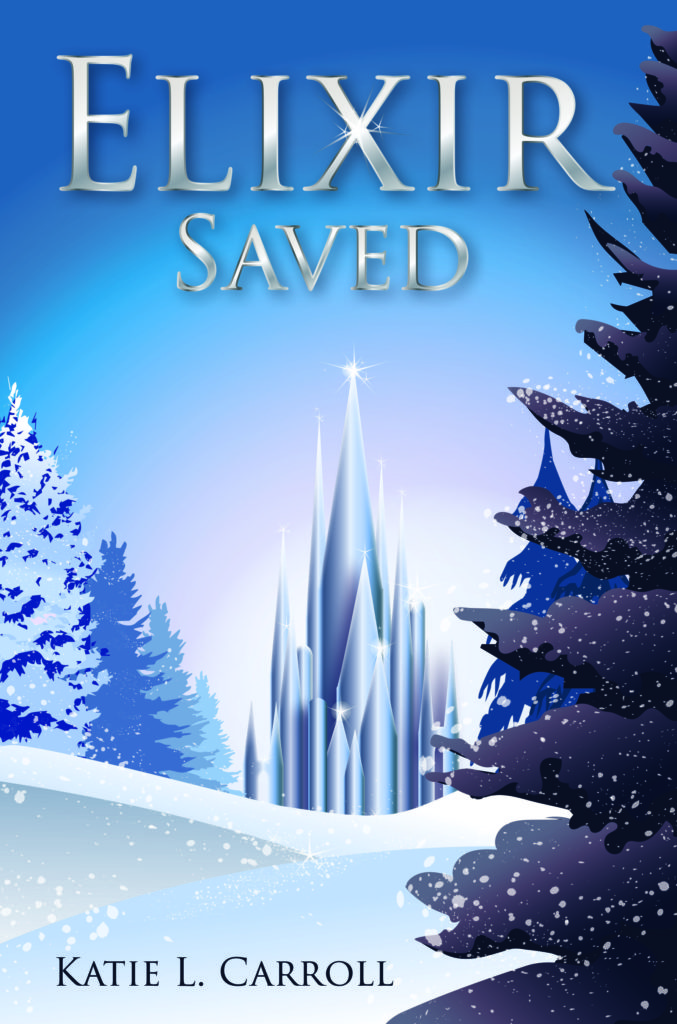Do I agree with the article called “YA Isn’t Just for Young Adults”? Absolutely not. Young adult literature (or what is commonly shortened to YA) is 100% for teens. (We’ll get into whether a teen is a young adult in minute.) Does that mean adults can’t read YA? Also, no. Does that mean teens can’t read things other than YA? Again, no.
I’m not presuming to tell anyone what they can or can’t read. What I’m saying is that young adult literature should be written for teens. Period. We don’t need to age YA up because some adults read it and wish that it had more mature content. Adults have their own huge category of books already. Romance novels alone are a billion-dollar industry.
I recently expressed this sentiment in a TikTok video. The text of the video reads, “YA books are made for teens. No one’s stopping adults from reading them. They should still be for teens. Let’s stop trying to make YA for adults, and let’s stop labeling books YA if they’re not for teens.” It sparked quite the debate, which I’m happy about.
Let’s talk about what YA books are, who they should be for, and what’s appropriate content for a YA book!
One of the most frequent comments on the video pointed out how it’s weird to call books for teens “young adult” because young adult people are ages 18 to mid-20s and teens are ages 13 to 18. I get that, so I created a follow-up video to explain the industry term of “young adult,” which was coined in the 1960s.
While I think debating about whether it’s an appropriate term is a related issue, it’s not the main one. The fact is “young adult” is a widely used term that has been around for a very long time and has always meant books for teens. And everyone–the publishers, authors, editors, and booksellers–in the children’s publishing industry (because YA falls into the bigger category of children’s books) knows this.
But what’s happening in recent years is that people in the YA publishing industry– like YA author who penned the article positing that YA isn’t just for young adults–have been pushing the YA category into older and older content. This means that many new YA books have characters that are 16 and older and content that is more appropriate for older teens and adults.
Why is this happening? Starting in the early 2000s, YA saw huge growth with the rise of worldwide bestsellers like Twilight by Stephenie Meyer and The Hunger Games by Suzanne Collins. The first books in both those series released in 2008 and spawned popular movie franchises. In short, YA books became big money.
Then in 2012, a study by Bowker Market Research revealed that 55% of YA books were purchased by adults 18 and over with the largest chunk of those adults being between the ages of 30 and 44. The YA publishing industry realized that there was a huge market of adults buying YA…thus began the trend of moving the YA market into older and older territory.
Another issue with the label of “young adult” is that it’s being used on books that are actually adult books. This seems to happen most often in fantasy books written by women (patriarchy at play here). Two examples being a A Court of Thorns and Roses by Sarah J. Maas and Fourth Wing by Rebecca Yarros. Full disclosure, I haven’t read either of these books, but it’s clear that both of them contain spicy sex scenes, meaning scenes that are meant to be titillating. Spicy sex scenes do not belong in YA.
I’m not saying sex and sex-related topics don’t have a place in some YA books. I wrote a whole post called “Why I Included Abortion in My Young Adult Fantasy Novel” back in 2020, which is about my book Elixir Saved. But labeling books YA when they have sexually explicit content is a disservice to all readers, and it continues to muddy the waters on what YA is.
Young adult books can have all manner of edgier content like gore, violence, and sex. After all, YA is an age category, not a genre, so it contains most book genres, like mystery, thriller, fantasy & sci-fi, and romance. The key is to always keep the core audience of teens in mind when considering what content is appropriate. Also, it’s key to understand that YA is range. What is appropriate for a 13-year-old reader varies greatly from what’s appropriate for an 18-year-old one.
Why is it a problem that YA is skewing older? There is clearly a market for YA books that have more mature content and there’s profit to be gained. But at what cost?
We’re leaving a lot of teen readers behind. Where are the books for the 13-15 year-old readers? Where are the books for older teens that don’t want mature content? What will happen to the book industry in the future if we fail teen readers now? Who’s going to buy YA then?
Teens of all ages deserve books that are written for them. And not just a handful of books. They deserve a wide variety of books and a wide number of books in all kinds of genres. Teens need books that are specifically written for them at all stages of maturity.
Adults have plenty of books to read that are written specifically for them. Adults are guests in the YA space. And those of us who make YA books need to remember that.




















